15 YEARS MANUFACTURING EXPERIENCE
24
2025
-
10
Can Activated Charcoal Strips Really Whiten Your Teeth? Here’s What You Need to Know
Can Activated Charcoal Strips Really Whiten Your Teeth? Here’s What You Need to Know Table of Contents 1. Introduction to Activated Charcoal Strips 2. What is Activated Charcoal? 3. How Do Activated Charcoal Strips Work for Teeth Whitening? 4. Benefits of Using Activated Charcoal Strips 5. Potential Risks and Side Effects of Activated Charcoal Strips 6. Activated Charc
Can Activated Charcoal Strips Really Whiten Your Teeth? Here’s What You Need to Know
Table of Contents
- 1. Introduction to Activated Charcoal Strips
- 2. What is Activated Charcoal?
- 3. How Do Activated Charcoal Strips Work for Teeth Whitening?
- 4. Benefits of Using Activated Charcoal Strips
- 5. Potential Risks and Side Effects of Activated Charcoal Strips
- 6. Activated Charcoal vs. Traditional Teeth Whitening Methods
- 7. User Reviews and Experiences with Activated Charcoal Strips
- 8. Frequently Asked Questions (FAQs)
- 9. Conclusion: Are Activated Charcoal Strips Right for You?
1. Introduction to Activated Charcoal Strips
In recent years, the beauty and wellness industry has witnessed a surge in the popularity of **activated charcoal** as a natural remedy for various cosmetic and health-related issues. Among its many applications, one trend that has gained traction is the use of **activated charcoal strips for teeth whitening**. With promises of a brighter, whiter smile without the side effects often associated with traditional whitening methods, many people are eager to explore whether these strips are a reliable solution. In this comprehensive guide, we will delve into the efficacy, safety, and overall value of activated charcoal strips, helping you make an informed decision about your oral care routine.
2. What is Activated Charcoal?
**Activated charcoal** is a form of carbon that has been treated to create numerous tiny pores, enhancing its surface area and absorbing capacity. This material is known for its ability to bind toxins, chemicals, and impurities, making it a popular ingredient in various **health and beauty products**. Despite its effectiveness in other applications, the question remains: can activated charcoal effectively whiten teeth?
3. How Do Activated Charcoal Strips Work for Teeth Whitening?
Activated charcoal strips function primarily through adsorption. When applied to the teeth, the porous structure of activated charcoal binds to surface stains, such as those caused by coffee, tea, red wine, and tobacco. This process helps remove these stains, resulting in a whiter appearance. Unlike traditional whitening methods that may involve chemical bleaching agents, activated charcoal strips offer a more **natural approach** to teeth whitening.
While they may not penetrate the enamel as deeply as some chemical treatments, the effectiveness of these strips at removing surface stains has been reported positively by many users. However, individual results can vary based on several factors, including the severity of the staining and the frequency of use.
4. Benefits of Using Activated Charcoal Strips
Using activated charcoal strips for teeth whitening comes with several advantages:
The Natural Approach
One of the primary benefits of activated charcoal strips is their natural composition. Unlike many chemical whitening agents, activated charcoal is derived from natural sources, making it an appealing option for those seeking to avoid synthetic ingredients.
Ease of Use
Activated charcoal strips are incredibly user-friendly. Simply apply the strips to your teeth and leave them on for the recommended duration. This convenience makes them a perfect option for busy individuals.
Cost-Effective Solution
Compared to professional whitening treatments that can be quite expensive, activated charcoal strips are relatively affordable. They offer a budget-friendly way to enhance your smile without breaking the bank.
Minimal Sensitivity
Many users report less sensitivity with activated charcoal strips compared to traditional whitening methods. This can be particularly beneficial for individuals with sensitive teeth who are concerned about the discomfort often associated with whitening procedures.
5. Potential Risks and Side Effects of Activated Charcoal Strips
While activated charcoal strips offer several benefits, it is essential to consider potential risks and side effects:
Enamel Erosion
One concern regarding the use of activated charcoal is the possibility of **enamel erosion**. The abrasive nature of the charcoal can wear down tooth enamel over time, leading to increased sensitivity and other dental issues.
Staining
Ironically, while activated charcoal is used to remove stains, it can also leave its own residue on teeth, especially if not properly rinsed off. This may lead to a greyish tint if used excessively or incorrectly.
Gum Irritation
Some individuals may experience **gum irritation** when using activated charcoal strips. It is vital to follow the instructions carefully and avoid prolonged use to minimize this risk.
Allergic Reactions
Though rare, allergic reactions to activated charcoal can occur. If you notice any unusual symptoms after using the strips, such as itching or swelling, discontinue use and consult your dentist.
6. Activated Charcoal vs. Traditional Teeth Whitening Methods
When considering teeth whitening options, it is crucial to compare activated charcoal strips with traditional whitening methods:
Whitening Toothpastes
Whitening toothpastes often contain mild abrasives and chemical agents designed to lift surface stains. While they can be effective, their results are generally less dramatic compared to professional treatments.
Whitening Gels and Trays
These products typically contain bleaching agents like hydrogen peroxide. They can provide more significant whitening effects but may also lead to increased tooth sensitivity.
Professional Teeth Whitening
Professional whitening performed by a dentist is the most effective option for significant whitening. However, it comes with a higher price tag and may not be suitable for everyone due to potential side effects.
7. User Reviews and Experiences with Activated Charcoal Strips
Feedback from users who have tried activated charcoal strips for teeth whitening reveals a mixed bag of experiences. Many individuals appreciate the natural aspect and convenience of the strips, while others report varying degrees of effectiveness.
Positive Experiences
Users often note visible improvements in teeth brightness after consistent use. Those with surface stains from food and beverages frequently express satisfaction with the results.
Negative Experiences
Conversely, some users report disappointment, citing minimal to no change in whiteness. Others mention issues like gum irritation or enamel wear when used excessively.
8. Frequently Asked Questions (FAQs)
1. How often can I use activated charcoal strips?
It is generally recommended to use activated charcoal strips 1-2 times per week to avoid potential enamel erosion and gum irritation.
2. Are activated charcoal strips safe for everyone?
While many people can safely use activated charcoal strips, individuals with sensitive teeth or certain dental conditions should consult their dentist before use.
3. How long do I need to leave the strips on for best results?
Most brands recommend leaving the strips on for about 30 minutes for optimal whitening results, but always check the specific product instructions.
4. Can I use activated charcoal strips if I have braces?
It is best to consult your orthodontist before using activated charcoal strips if you have braces, as they may not adhere properly and could lead to uneven whitening.
5. What should I do if I experience sensitivity after using the strips?
If you experience sensitivity, discontinue use and consider consulting your dentist for alternative whitening options that may be more suitable for your teeth.
9. Conclusion: Are Activated Charcoal Strips Right for You?
Activated charcoal strips offer a **natural and convenient** alternative to traditional teeth whitening methods. While many users report positive results in terms of improved brightness and reduced sensitivity, potential risks such as enamel erosion and gum irritation warrant careful consideration. Ultimately, whether activated charcoal strips are the right choice for you depends on your individual dental health, preferences, and desired outcomes. Always consult your dentist before starting any new whitening regimen to ensure you achieve the best results for your unique smile.
Previous page
Related news
undefined
Related products
COMPANY
About Us
OEM Service
After-Sale: info@glorysmile.com
QUICK CONTACT
Makou Industrial Park, Yongxiu County, Jiujiang City, Jiangxi Province, China, 332000
+86 18279124913
Copyright © 2022 DENT(HK)LIMITED LTD SEO


 Language
Language


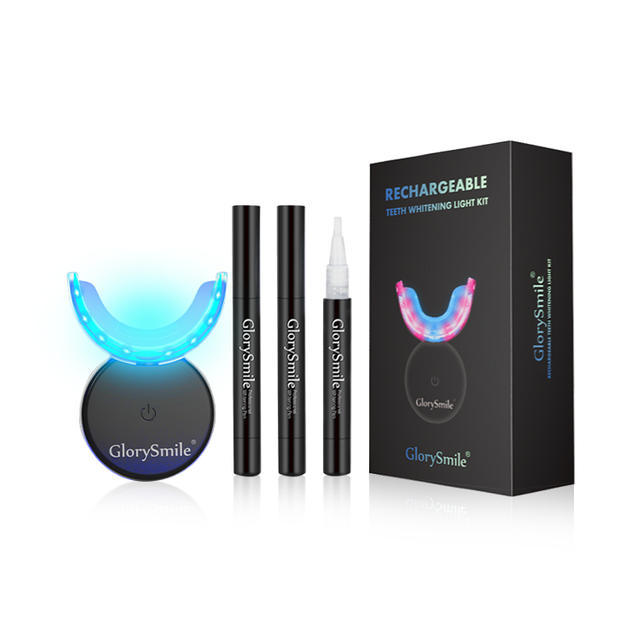

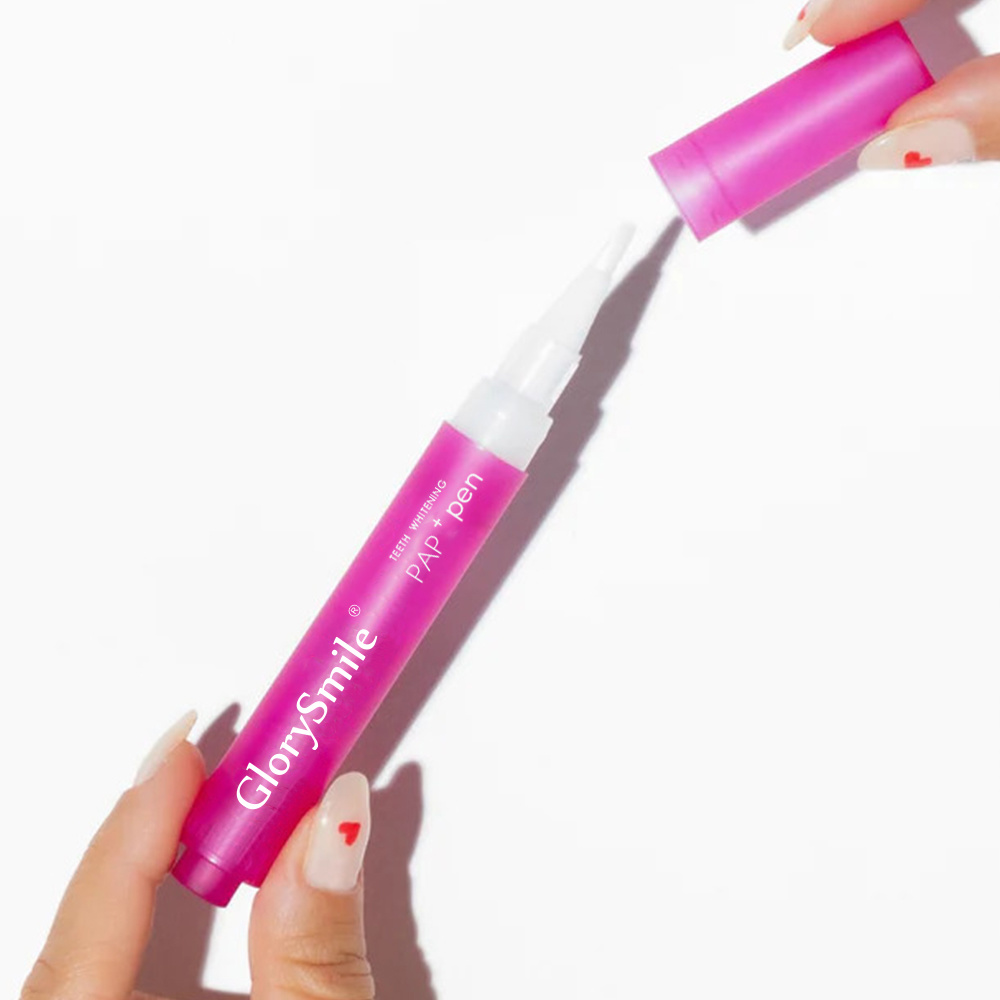
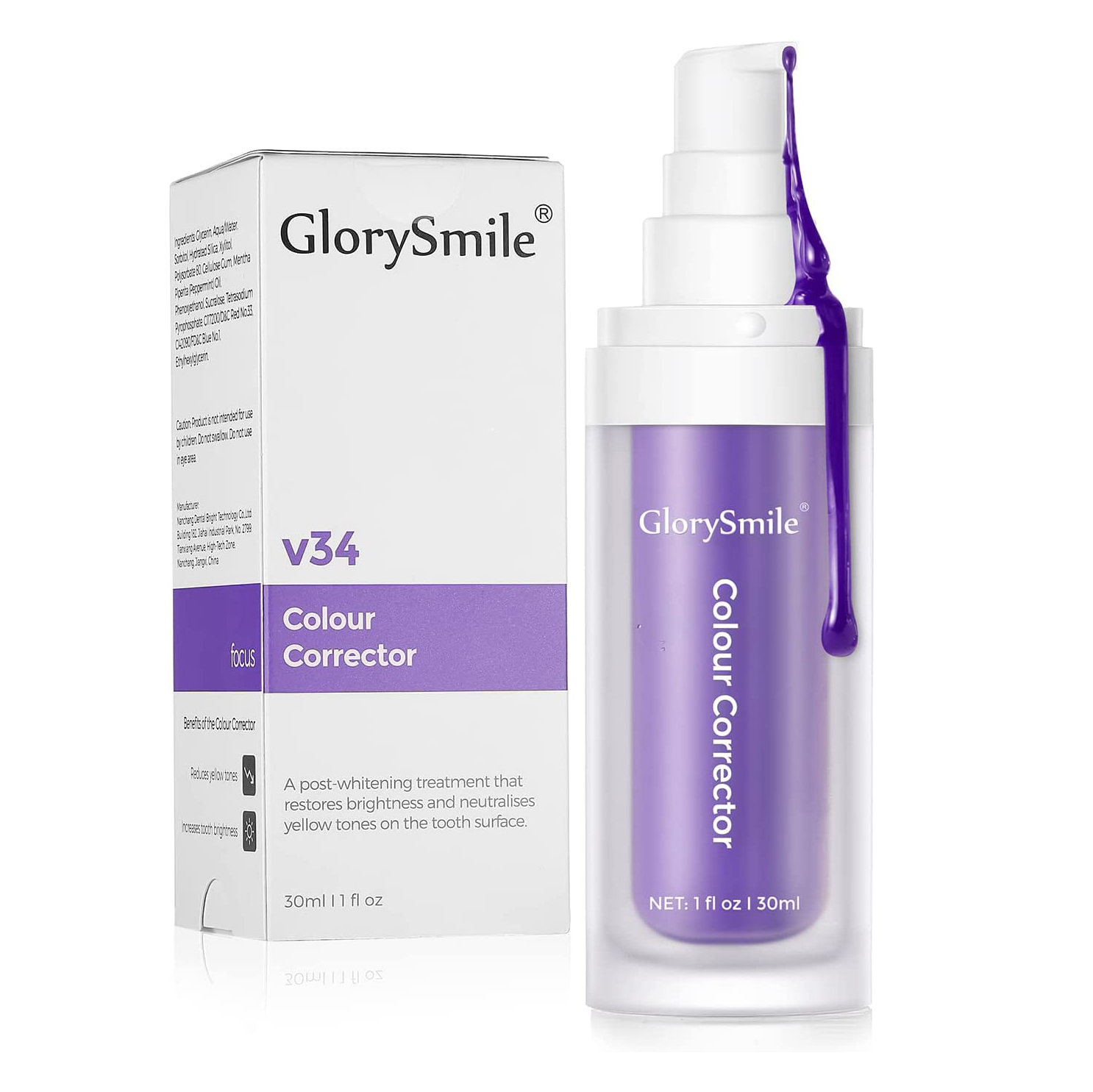
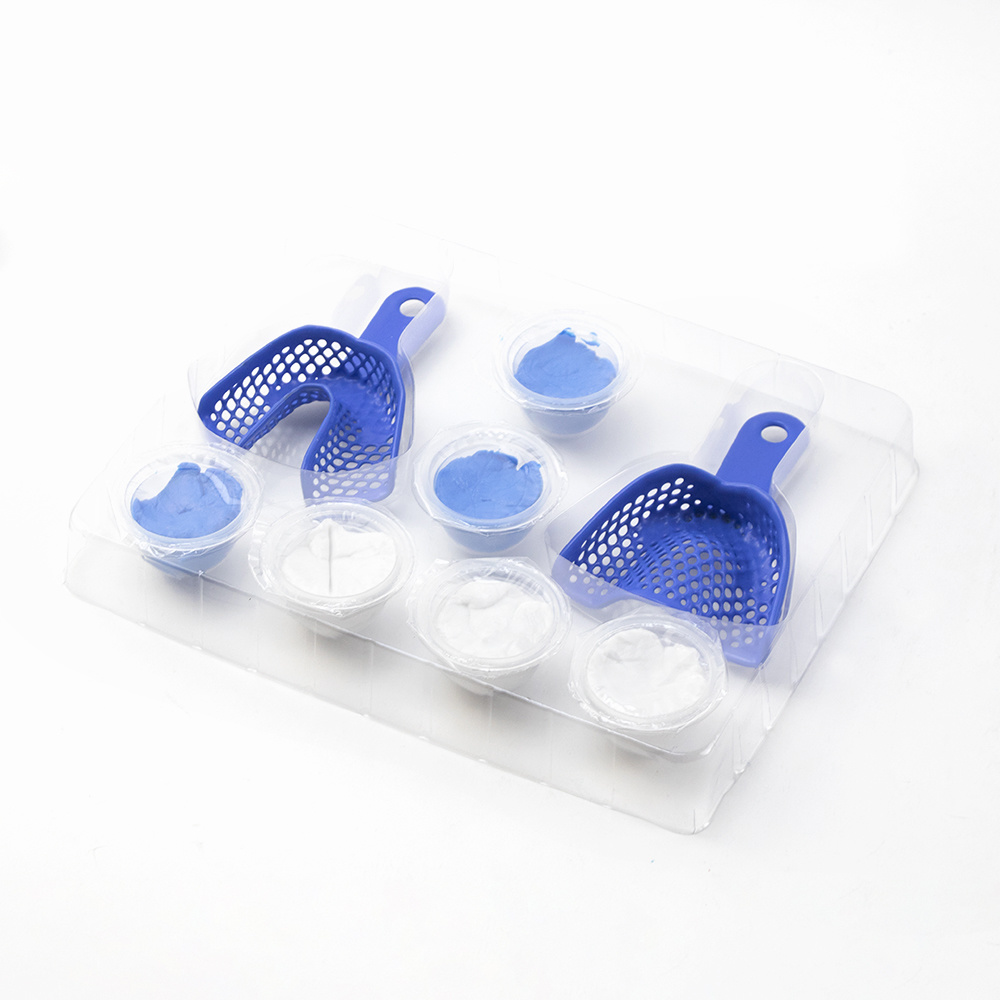
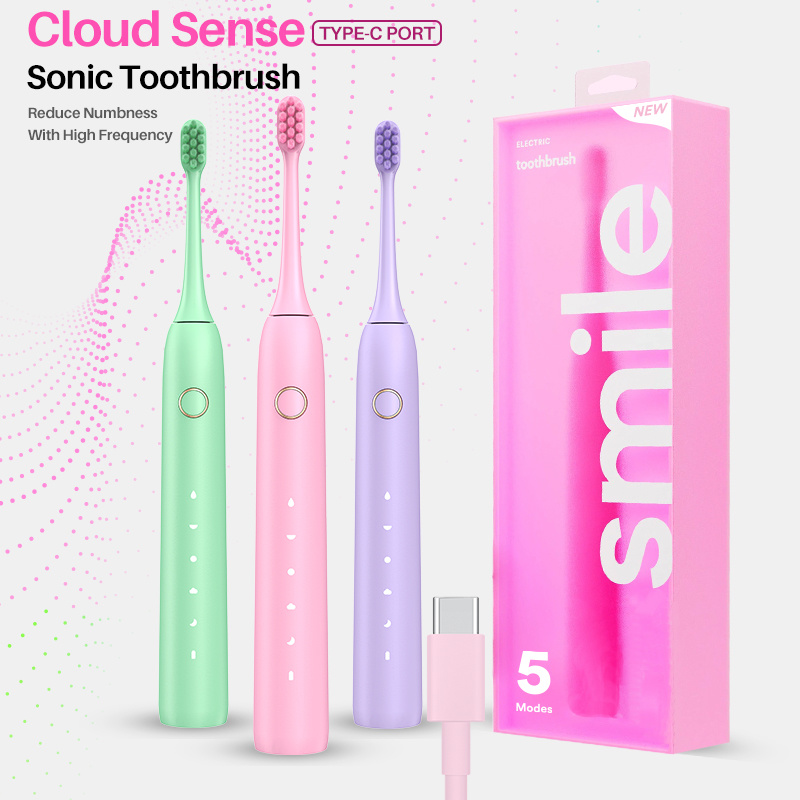

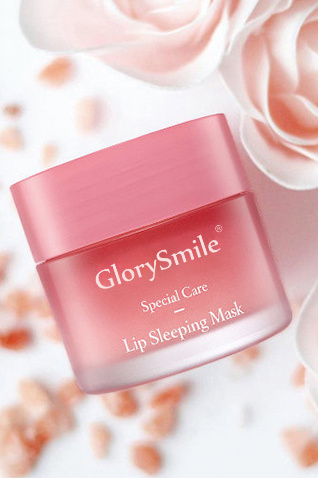
 +8618279124913
+8618279124913 helen.xiao@enjoywhite.com
helen.xiao@enjoywhite.com Message
Message 